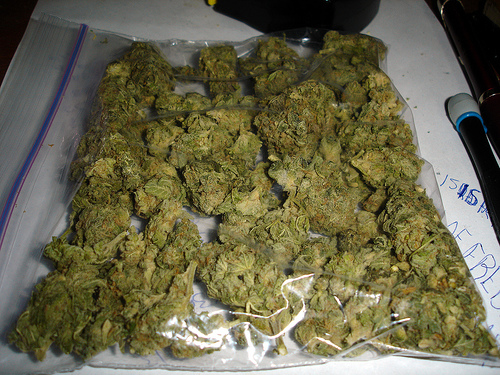aNewDomain — I’m heading north to a birthday party tomorrow, and I know the celebrant enjoys some recreational drugs. He has everything he could ever really use. I’m thinking about picking up a bag of something legal and mind-altering for him. Like weed.
It’s legal here. So why not?
First note, I live in Colorado. I can have one ounce because I’m a resident. My choice is to not do that, for myself. There’s a child in my house, a son who doesn’t need to be exposed to drug use. And, the world is already a pretty strange place. Look, I can’t figure out what to do when approaching glass doors while someone approaches from the other side. Should I slow down so we arrive at different times? Speed up to get there first, hold the door for them? Or just arrive when we arrive and figure it out in the moment?
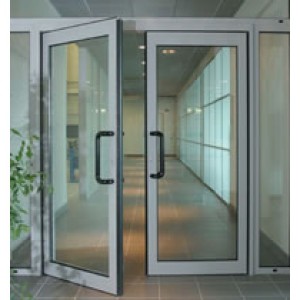 My usual solution is to see if there’s a different door.
My usual solution is to see if there’s a different door.
I’m the last guy on Earth who needs weed.
Nobody really tries to talk me into smoking the Ganj. I don’t try to talk myself into it, either. Not everything you have the right to do is the right thing to do, and I don’t think it would be the right choice for me.
If you wanted to talk me into it, you might say people who use marijuana report feelings of relaxation. This is true; they also report anxiety, paranoia and rebound-stress.
Further, I’ve gotten where I am through extreme diligence, through hypervigilance.
Have you ever heard of a paradoxical effect?
Sometimes, when we give someone a drug to help them relax, it does the opposite. It disinhibits them instead, or disinhibits their fears and anxieties. The effect is fairly common for people who experience a lot of anxiety.
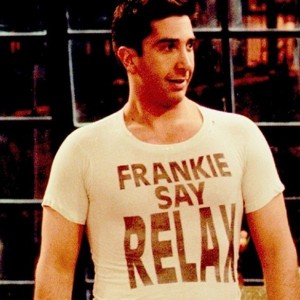
You get the effect from liquor, probably. Alcohol in low doses affects the frontal lobe first. It’s the frontal lobe that provides your abstract reasoning, your executive function – and your inhibition. A little alcohol can get you out of your own way. Can’t remember how to play “House of the Rising Sun” sober?
A couple of beers can loosen up one’s fingers, make one more agile, even make you more sociable.
You think you’re a better dancer after a couple of beers, and you’re right.
But more beers affect other parts of the brain, too. The cerebellum, especially, which controls balance and coordination. That’s why the field sobriety test has you walking a narrow line. Enough beers to start in on the cerebellum and the motor cortex and you think you’re a better dancer but you’re wrong.
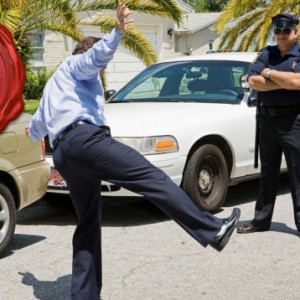 Anyway. Paradoxical effects. I worked with a client with extreme anxiety problems. We tried a relaxation exercise in session, and her reaction was extreme and frightening. I’ve never been so close to having the ambulance come pick someone up.
Anyway. Paradoxical effects. I worked with a client with extreme anxiety problems. We tried a relaxation exercise in session, and her reaction was extreme and frightening. I’ve never been so close to having the ambulance come pick someone up.
The anxiety was a defense against actual dangers in the environment, and relaxation made her feel unvigilant. Her response: a surge of fear, terror.
I’ll pass on the weed.
So, fine.But is weed good for anyone else?
Carl Hart suggests our fears of marijuana are likely unfounded, or at least not as grounded in research as one might want. Marijuana does not seem to be as addictive as drugs like meth, cocaine or heroin — and those drugs are themselves not as addictive as we’ve been led to believe.
His research is pretty solid, and you can see and hear some of Hart’s research here at this TedMed link.
So marijuana might not be as bad for you as we thought.
Go figure.
Here in Colorado, where it is completely legal now, we’re going to get something we’ve never had before: Data. The thing is, the compounds are usually smoked. And we have yet to invent a marijuana cigarette with a filter, meaning it’s possible that we’ll start to see rashes of lung ailments as people smoke up over the long term.
No data on that yet.
But could pot actually be good for you?
Some of the active substances in marijuana seem to have some salubrious effects for particular sorts of problems, such as seizure disorders. We also use other compounds for psychiatric reasons. Data, as usual, is hard to come by.
These substances have been heavily controlled, illegal and shunned for a century. That’s why a lot of studies with large sample sizes just don’ exist yet. Most of the evidence is anecdotal.
But I can tell you this: hemp, marijuana, cannabis — call it what you want. It doesn’t cure cancer.
If weed cured cancer, you wouldn’t be hearing about it for the first time through a Fakesbook meme. It would be in a medical journal and then the nine ‘oclock news and then all the news, all the time, everywhere.
Hey guy, cancer is over! Just smoke this joint and you’ll be all better.
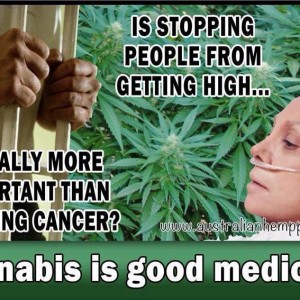
Yes, I’m sure about this.
I’m as certain as it’s possible to be. Of course it’s possible that weed cures cancer, but the chances are remote. They’re remote because cancer cells are basically just like any cells in your body, and there’s really no way for any given compound to know the difference. If it were that simple we’d have found the compound forever ago.
And there hasn’t been a big peer-reviewed medical study.
Why? Because weed has been illegal for a hundred years.
Is weed legal where you live, or just decriminalized?
Do you know the difference?
Here, Colorado citizens can have one ounce; visitors can have a quarter ounce You can’t use it in public. You can’t buy it with a credit card or a check because it remains illegal federally, meaning banks won’t touch drug money. You still can’t mail it. You can give away one ounce to a friend, to an enemy, to anyone.
In states where it’s decriminalized, that doesn’t mean you can buy it in pot shops. It just means you won’t be tried or do jail time. Typically, decriminalized offenses amount to a citation – like a traffic ticket.
Efforts to legalize or decriminalize have a lot to do with racial equality. White and black people seem to use at identical or nearly identical rates, but the prison population is skewed heavily towards users of color.
Wikipedia has a pretty handy chart of where you can smoke and where you can’t. Here it is, just in case you aren’t sure of your own state laws. Here’s a clue, though: If it’s legal where you are, there are pot shops every 50 feet with names that are uncreative acronyms equaling THC. Total Health Care, Today’s Health Care, The Homeopathic Cure, etc …
You basically can’t miss them.
I don’t know what it cost when it was illegal (Editor: About $100 an ounce for the crappy stuff.) but it’s heavily taxed here so probably not cheaper legal than illegal. You can easily pay four hundred dollars an ounce. (Editor: Well, the quality is better now.) Don’t even ask me how much an ounce of pot is, I don’t know.
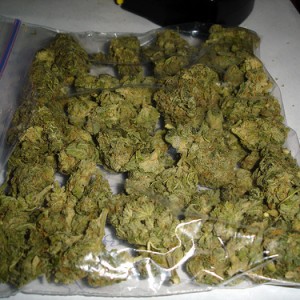
You can also grow your own plants here. Only enough for personal use, but you can grow them. We also do banner business in hydroponics equipment. Grow stores, they’re called. I guess you could use all that stuff to grow some killer tomatoes in your garage.
You know, in theory.
Well, that about covers the pros and cons.
Give weed as a gift if:
It’s legal where you live.
The recipient doesn’t have ongoing mental health, addiction or health problems for which cannabis is contraindicated.
The recipient likes weed and doesn’t already have an ounce of it — they’d have to give some back.
The recipient does not have child-care obligations and isn’t heading out on a drive.
Don’t give it if:
You have to transport it across state lines.
You have to mail it.
You aren’t sure how it will be received.
You or the recipient are a federal employee.
Well?
Now you see why I can’t work ordinary social niceties like glass doors. Actually, I wonder if he’d like a nice Starbucks gift card.
(Editor: No, he’d probably rather have the weed.)
For aNewDomain, I’m Jason Dias.
Image one: WeHeartIt.com, All Rights Reserved; image two: FashionDecoration.xyz, All Rights Reserved; image three: pinterest.com, All Rights Reserved; image four: gizmodo.com, All Rights Reserved; image five, bensnotes.weekly.com, All Rights Reserved; image six: flickr.com, All Rights Reserved.

